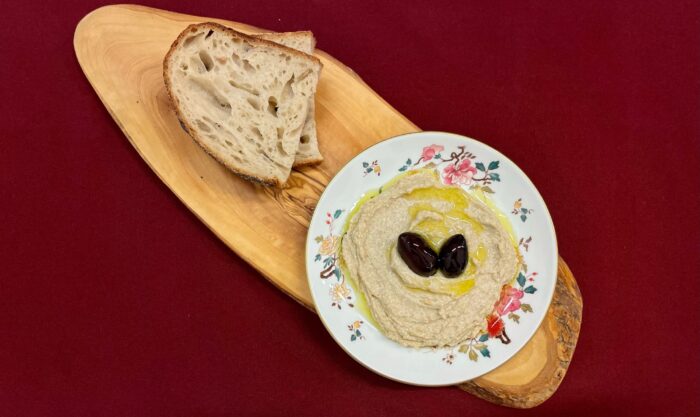Olive oil contains essential fatty acids such as Omega-3 and Omega-6 only when it is cold pressed and unrefined.
Fatty acids are the building blocks of oil. They are a valuable energy source and are required for a balanced diet. Fatty acids promote healthy, youthful skin and hair. Certain ‘essential’ fatty acids have a protective effect on the cardiovascular system. Essential fatty acids are fatty acids that cannot be constructed within our bodies and therefore must be obtained from the diet. The fatty acid composition of olive oil varies widely depending on the variety, maturity of the fruit, altitude, climate, and several other factors.
Olive oil contains more oleic acid and less linoleic acid than other vegetable oils, that is, more monounsaturated than polyunsaturated fatty acids. This renders olive oil more resistant to oxidation and is more stable and resistant compared to other vegetable oils. Monounsaturated fats, such as oleic acid, prevent from the risk of coronary heart disease.
Olive oil contains essential fatty acids such as Omega-3 and Omega-6 only when it is cold pressed and unrefined. Commercial oils are inevitably refined, processed and stored, which means that the essential fatty acid content will be partly degraded. Other dietary sources of essential fatty acids are nuts, seeds, fatty fish and unrefined whole grains.



